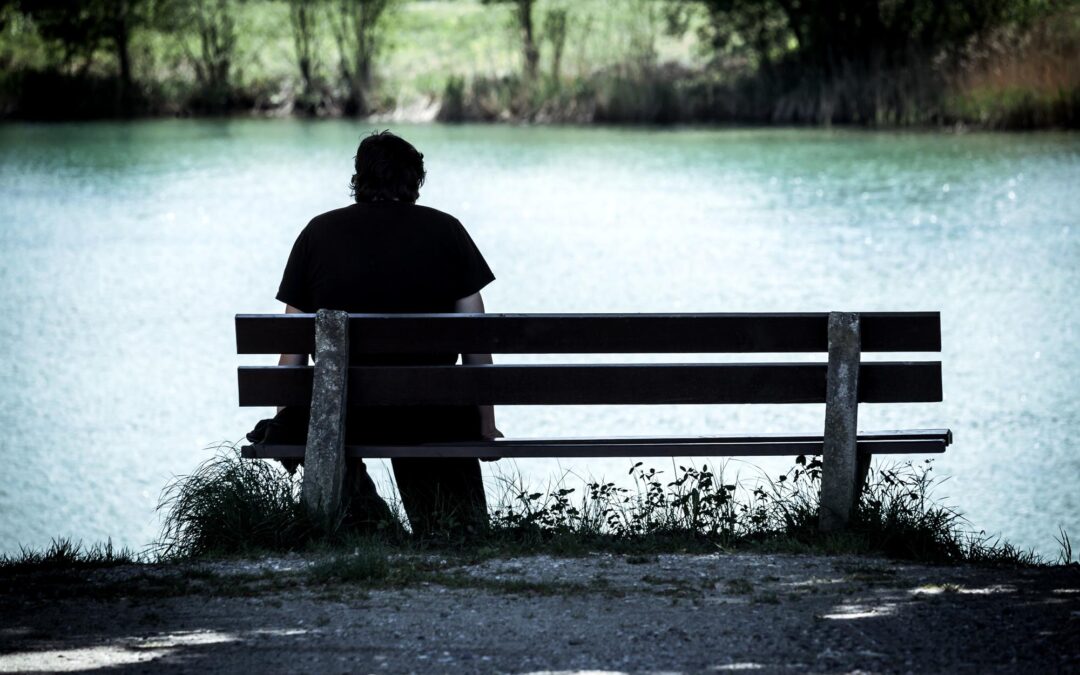Your Complete Guide to Managing Holiday Depression and Stress
Understanding Holiday Depression and Stress
The holiday season often arrives with expectations of joy and celebration, yet many people find themselves struggling with unexpected emotional turbulence. Symptoms of holiday depression can manifest in ways that feel at odds with the festive atmosphere around you—persistent sadness that won’t lift, anxiety that tightens in your chest before family gatherings, irritability that surfaces during what should be joyful moments, and a bone-deep fatigue that no amount of rest seems to remedy.
These feelings don’t emerge in a vacuum. The causes of holiday stress are as varied as they are valid:
- Family dynamics that reopen old wounds or create new tensions
- Social anxiety amplified by the pressure to attend multiple gatherings
- Financial strain from gift-giving expectations and travel costs
- Profound loneliness when you’re grieving loved ones or facing the season alone
For some, the season itself becomes a trigger. Seasonal Affective Disorder (SAD) compounds holiday challenges as shorter days and reduced sunlight disrupt your body’s natural rhythms. The biological impact of decreased light exposure can deepen existing holiday blues, creating a perfect storm of emotional and physical symptoms that feel impossible to navigate alone. Understanding these interconnected factors is your first step toward reclaiming peace during this demanding season.
Recognizing the Signs Early
The early signs of holiday depression often emerge subtly, making them easy to dismiss as temporary holiday fatigue. Pay attention to shifts in your usual patterns—perhaps you’re withdrawing from activities you typically enjoy, or finding yourself more tearful than usual when watching holiday movies. Identifying stress symptoms requires honest self-reflection about changes in your daily life.
Watch for these behavioral and emotional indicators:
- Persistent feelings of dread about upcoming gatherings or events
- Changes in sleep patterns—either sleeping too much or experiencing insomnia
- Increased reliance on alcohol or comfort foods to cope with uncomfortable feelings
- Difficulty concentrating on work tasks or holiday preparations, which might be a sign of work-related stress
- Heightened irritability with loved ones over minor issues
- Loss of interest in traditions that once brought you joy
Self-awareness serves as your most powerful tool in preventing these symptoms from intensifying. When you notice these patterns emerging, you create an opportunity to implement supportive strategies before reaching a crisis point. Think of this recognition as an act of self-compassion rather than self-criticism—acknowledging your struggles allows you to address them with intention and care.
Practical Strategies for Managing Depression and Stress
The holidays don’t have to feel like an endurance test. When you’re navigating holiday depression and stress, having concrete strategies at your fingertips can make all the difference between merely surviving the season and actually finding moments of genuine peace within it.
Acknowledge Your Feelings Without Judgment
Acknowledging emotions isn’t about dwelling on negativity—it’s about honoring your authentic experience. If you feel sadness while others seem joyful, that’s valid. If family gatherings trigger grief for loved ones who are no longer present, those feelings deserve space.
Try this approach: Set aside 10-15 minutes each day for mindful reflection. Sit quietly and simply notice what emotions arise without labeling them as “good” or “bad.” You might journal about what you’re feeling, or simply observe your thoughts as they pass through your mind like clouds across the sky. This practice of acknowledging emotions creates distance between you and overwhelming feelings, allowing you to experience them without being consumed by them.
If these feelings become overwhelming, remember that there are mental health resources available that can provide support.
Set Healthy Boundaries That Protect Your Peace
Setting boundaries during the holidays often feels uncomfortable, especially when family expectations run high. Yet protecting your mental health requires learning to say no—and meaning it.
You don’t need to attend every gathering, accept every invitation, or engage with family members who consistently drain your emotional reserves. Consider these boundary-setting approaches:
- Limit the duration of stressful visits by arriving late or leaving early
- Designate a quiet space where you can retreat when feeling overwhelmed
- Prepare polite but firm responses to intrusive questions about your personal life
- Give yourself permission to skip events that historically trigger anxiety or depression
Remember, saying no to what depletes you means saying yes to what sustains you.
Prioritize Meaningful Connections Over Obligatory Appearances
Quality trumps quantity when it comes to intimate connections. Rather than spreading yourself thin across multiple large gatherings, focus your energy on the relationships that truly nourish you.
A quiet dinner with your closest friend might offer more genuine connection than a crowded party where you feel invisible. Video calls with distant loved ones can create meaningful moments of presence. Even a heartfelt text exchange can remind you that you’re seen and valued. These smaller, more intentional interactions often provide the emotional sustenance that massive holiday events cannot.

Discover the Healing Power of Giving Back
Volunteer work benefits extend far beyond the communities you serve—they can significantly impact your own mental well-being. When you’re feeling isolated or purposeless, helping others creates a sense of meaning and connection.
Local food banks, shelters, and community organizations often need extra hands during the holidays. Spending a few hours serving meals or organizing donations shifts your focus outward, interrupting the cycle of rumination that often accompanies depression. The gratitude you witness and the tangible difference you make can provide perspective and remind you of your inherent value.
Protect Your Mental Space From Social Media Comparison
Limiting social media becomes especially crucial during the holidays when feeds overflow with seemingly perfect celebrations. Those curated images rarely reflect reality—they’re highlight reels, not documentaries.
Set specific boundaries around your social media use: perhaps no scrolling before breakfast or after 8 PM. Consider temporarily muting accounts that trigger feelings of inadequacy. Use app timers to enforce limits. When you do engage, remind yourself that you’re seeing carefully selected moments, not complete
Addressing Seasonal Affective Disorder (SAD) During The Holidays
The shorter days and diminished sunlight that accompany winter months can intensify emotional struggles during an already challenging season. For those living with Seasonal Affective Disorder, the holidays may feel particularly heavy—marked by persistent low mood, decreased energy, changes in sleep patterns, and difficulty finding joy in activities that typically bring pleasure. The contrast between your internal experience and the external expectation of festive cheer can create an additional layer of distress.
Phototherapy for SAD offers a science-backed approach to managing these symptoms. Light therapy involves sitting near a specialized lightbox that mimics natural outdoor light, typically for 20-30 minutes each morning. This exposure helps regulate your body’s circadian rhythm and boosts serotonin production, which can significantly improve mood and energy levels. Many individuals notice meaningful changes within a few days to two weeks of consistent use.
If you suspect SAD is affecting your holiday experience, consider consulting with a mental health professional who can evaluate whether light therapy might benefit your specific situation and recommend appropriate treatment intensity. Additionally, exploring various [therapy modalities](https://advancedtherapyma.com/therapy-modalities-at-advanced-therapy-center) could provide further relief and support during this difficult time.
When To Seek Professional Help For Holiday Depression Or Stress Symptoms That Persist Beyond The Festivities?
While holiday-related emotional challenges often ease once the season passes, some experiences require professional mental health support. If you notice symptoms interfering with your ability to work, maintain relationships, or complete daily tasks, reaching out to a therapist becomes essential rather than optional.
Watch for these indicators that it’s time to seek help:
- Persistent feelings of hopelessness lasting beyond two weeks
- Difficulty getting out of bed or completing basic self-care
- Withdrawal from activities you once enjoyed
- Thoughts of self-harm or suicide
- Significant changes in sleep patterns or appetite
- Inability to concentrate or make decisions
If you’re unsure about your mental state, consider taking our free depression test at Advanced Therapy Center. This self-assessment can help you identify the symptoms of depression and guide your decision to seek professional help.
At Advanced Therapy Center, our experienced professionals understand that seeking support demonstrates strength, not weakness. We create personalized treatment plans that address your specific needs, helping you develop lasting strategies for emotional wellness that extend far beyond the holiday season.





